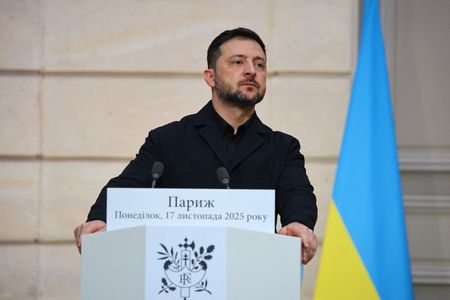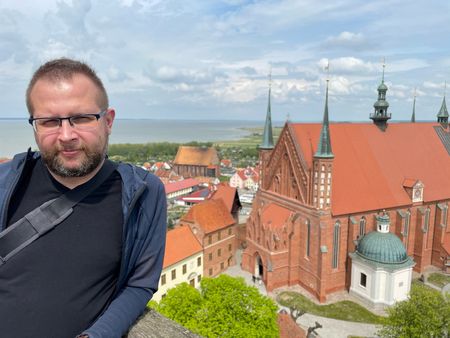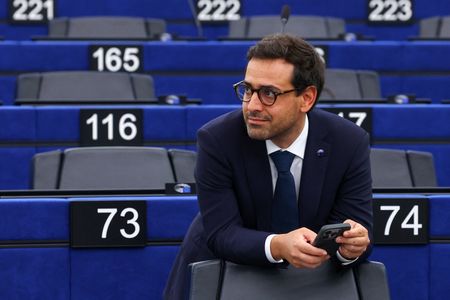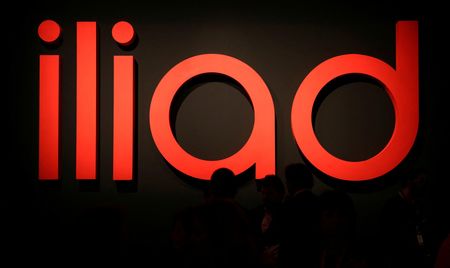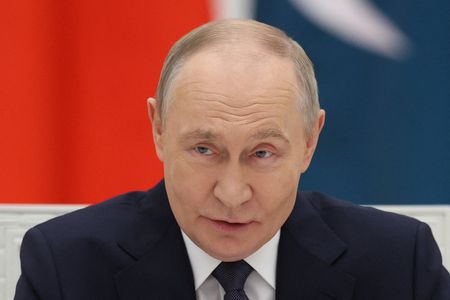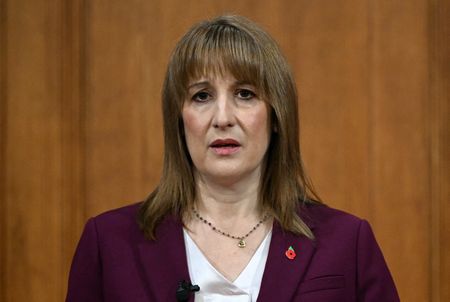By Tom Balmforth
LONDON (Reuters) -Ukraine is pushing European allies to take a political decision to release a proposed $163-billion loan based on frozen Russian state assets next month, as it frets over a gaping hole in the 2026 budget and fallout from an unfolding corruption scandal.
European leaders failed to agree on the “Reparations Loan” for Kyiv last month and will discuss it again at a summit on December 18, with Ukraine expected to need its first big injections of financial support from the second quarter of 2026.
A senior official in President Volodymyr Zelenskiy’s administration told Reuters the summit looked to be the last chance for Europe this year to agree to provide the loan for Ukraine, a move Russia said would elicit a “painful response”.
“We don’t expect all technical details to be finalised by that time, but the architecture for issuing the loan must be agreed,” Iryna Mudra, a top legal adviser in Zelenskiy’s administration, said in an interview.
She said Ukraine expected its European allies to define the structure and governance through which the funds would be provided. It was also vital for Ukraine to be involved in decisions on how to allocate and prioritise the funds, she said.
“Without Ukraine’s direct involvement, assistance risks becoming ineffective only because we know the real needs on the ground, but the decision should be taken together with our partners, definitely,” she said.
A HOLE IN WARTIME BUDGET LOOMS
With little clear prospect of direct U.S. aid under President Donald Trump, Ukraine could run out of money during the first quarter of next year if new European assistance does not come through, economic analysts say.
EU leaders agreed last month to meet Ukraine’s “pressing financial needs” for the next two years but stopped short of endorsing a plan to use frozen Russian assets to fund a giant loan to Kyiv because of concerns raised by Belgium.
On Monday, European Commission President Ursula von der Leyen told European governments in a letter seen by Reuters that there were three options to finance Ukraine and that a combination of them was also possible.
Apart from the loan, the options include European Union countries providing grants and the bloc borrowing on markets.
The document estimated that Ukraine’s remaining needs for 2026-2027 amounted to 135.7 billion euros ($157.37 billion).
The Commission’s proposal to use frozen Russian assets would produce a loan of 140 billion euros, covering those needs.
CORRUPTION SCANDAL
Overshadowing Kyiv’s relations with foreign partners is a corruption scandal that has already ensnared two cabinet ministers and spurred calls from some lawmakers for the entire cabinet to be dismissed.
Though they are not directly implicated, the allegations of a $100-million kickback scheme in the energy sector alleged by Ukraine’s anti-corruption agencies have shaken faith in the government and pose a political challenge to Zelenskiy.
Neither of the ministers has been named as a suspect, and both have denied wrongdoing in the scandal.
Mudra said Zelenskiy’s response to the scandal had been immediate and strong, that the case underscored the independence of Ukraine’s anti-corruption agencies championed by the EU and that it would ultimately be resolved by the judiciary.
($1 = 0.8623 euros)
(Additional reporting by Olena Harmash, Editing by Timothy Heritage)

